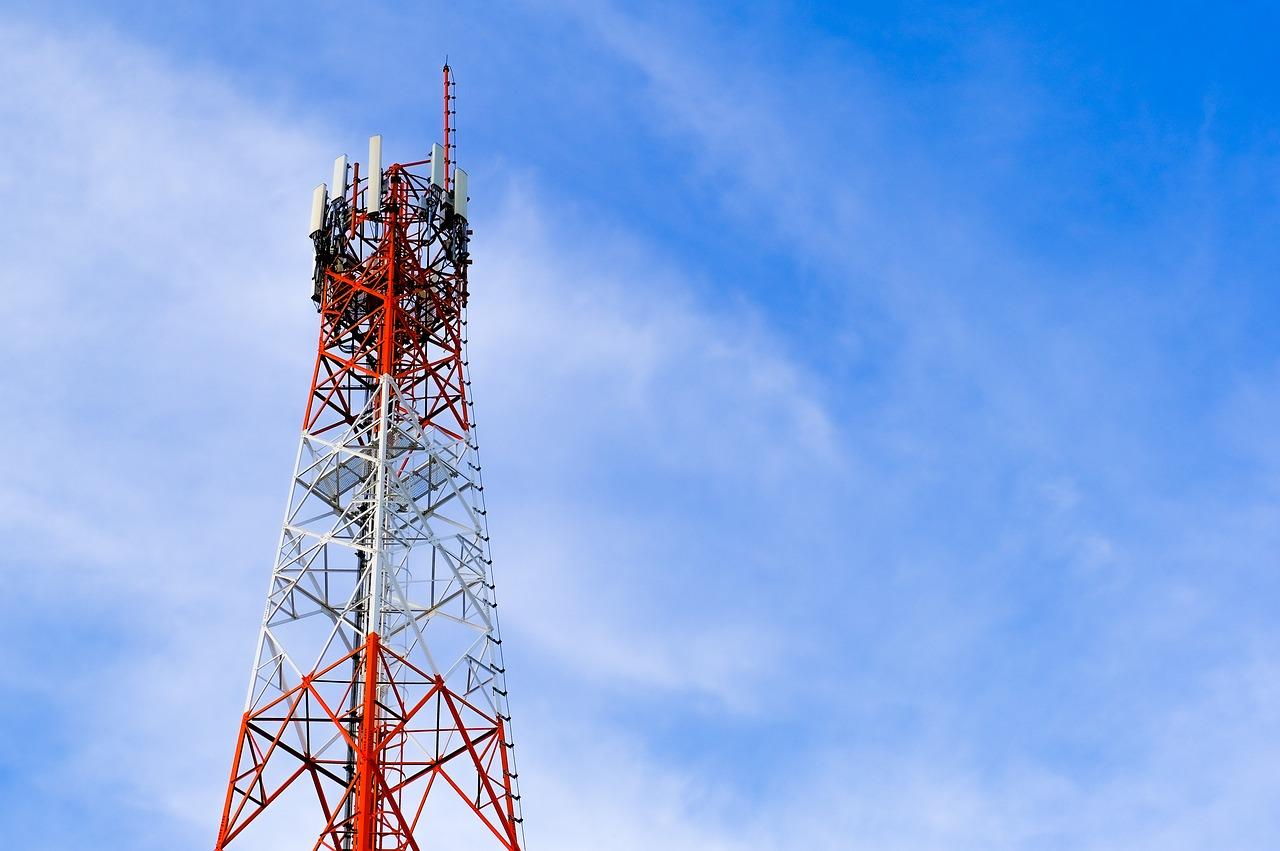
Vodafone Idea (Vi) has been facing financial struggles for years. With mounting debt, stiff competition from Reliance Jio and Bharti Airtel, and slow progress in raising funds, the telecom giant is at a critical juncture. The big question is whether the Indian government will intervene to rescue the company.
Vodafone Idea is burdened with massive debt and is struggling to pay it off. The company has appealed to the Department of Telecommunications (DoT) to allow equity conversion of its dues.
Key Financial Issues
Huge Debt: The company owes over ₹2 lakh crore (₹200,000 crore) in long-term borrowings.
Negative Reserves: The company has a negative reserve of ₹1.5 lakh crore, meaning it has been consistently making losses instead of profits.
Heavy Interest Payments: Although Vodafone Idea generates ₹16,000-18,000 crore in operating profit, its interest expenses exceed ₹23,000 crore, leading to further losses.
Continuous Losses: Every year, the company incurs ₹30,000+ crore in losses, worsening its financial health.
Why is the Stock Price So Low?
Many investors ask why Vodafone Idea's stock trades at a low price (₹7-8 per share). The reason is simple:
Consistent losses with no visible profit.
Heavy debt burden with no clear repayment strategy.
Lack of investor confidence—big investors hesitate to fund a struggling business.
Government dependency—the company repeatedly seeks government support for survival.
Possible Solutions
Government Intervention: Vodafone Idea is urging the government to convert dues into equity. Currently, the government holds 22-23% of the company’s stake. If this conversion is approved, the government's stake may rise to 49%.
Fee Waivers: The government is considering waiving Spectrum Usage Charges (SUC), potentially benefiting Vodafone Idea by ₹8,000 crore.
Fundraising: The company needs external investment, but given its weak financial position, attracting investors is challenging.
Can Vodafone Idea Become a Government Company?
If the government's stake exceeds 50%, it could become a government-controlled entity. However, that decision depends on whether the government agrees to the equity conversion.
Why Does the Government Care?
While the government has no direct benefit from saving Vodafone Idea, it wants to maintain competition in the telecom sector. Without Vodafone Idea, the market would be dominated by Jio, Airtel, and BSNL, reducing competition and potentially leading to higher prices for consumers.
Challenges in Raising Funds
Vi has been trying to secure funds from investors but has faced multiple delays. Many investors are concerned about the company’s ability to compete with Jio and Airtel, both of which are expanding rapidly in 5G. Without significant funding, Vodafone Idea risks losing subscribers and falling further behind.
Market Competition and Impact
The Indian telecom market has become a two-player race, dominated by Jio and Airtel. If Vi collapses, it would reduce competition, potentially leading to higher tariffs for consumers. The government may want to prevent this outcome to maintain a competitive market.
Vi’s future depends on securing funds and government policy decisions. If it fails to raise capital soon, its survival will be at risk. The coming months will be crucial in determining whether Vodafone Idea can turn things around or if the government will need to take a more active role in ensuring its survival.




